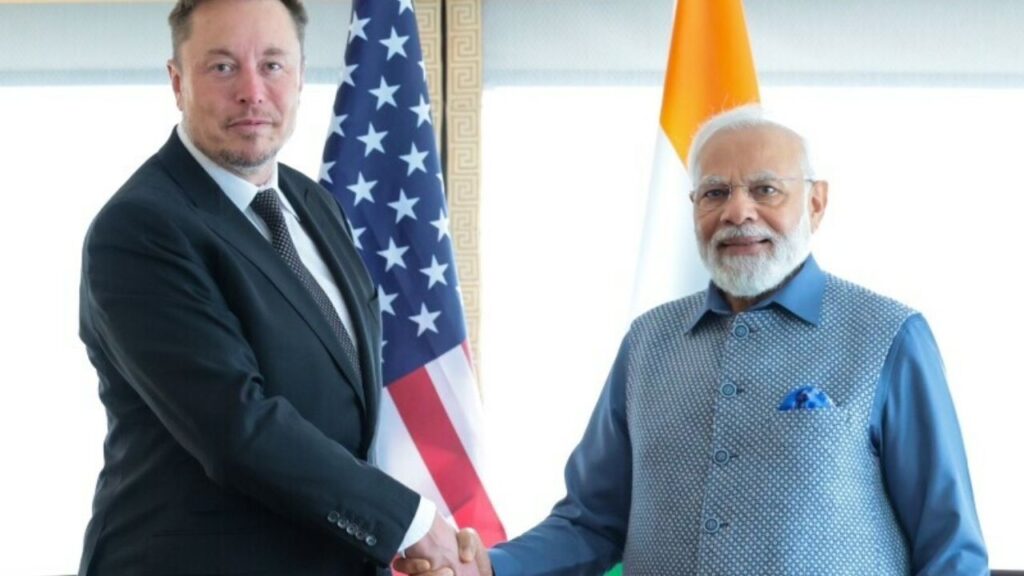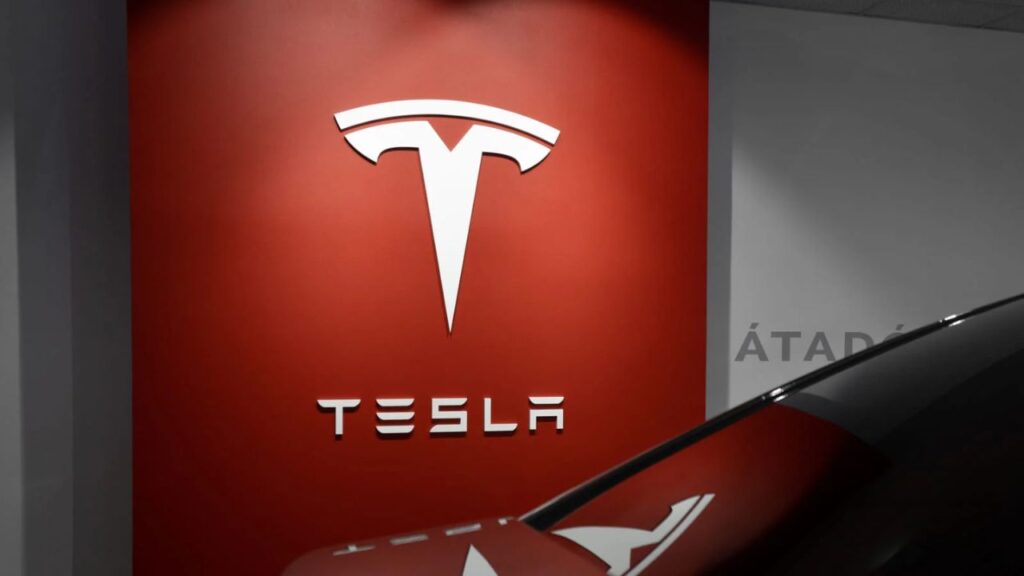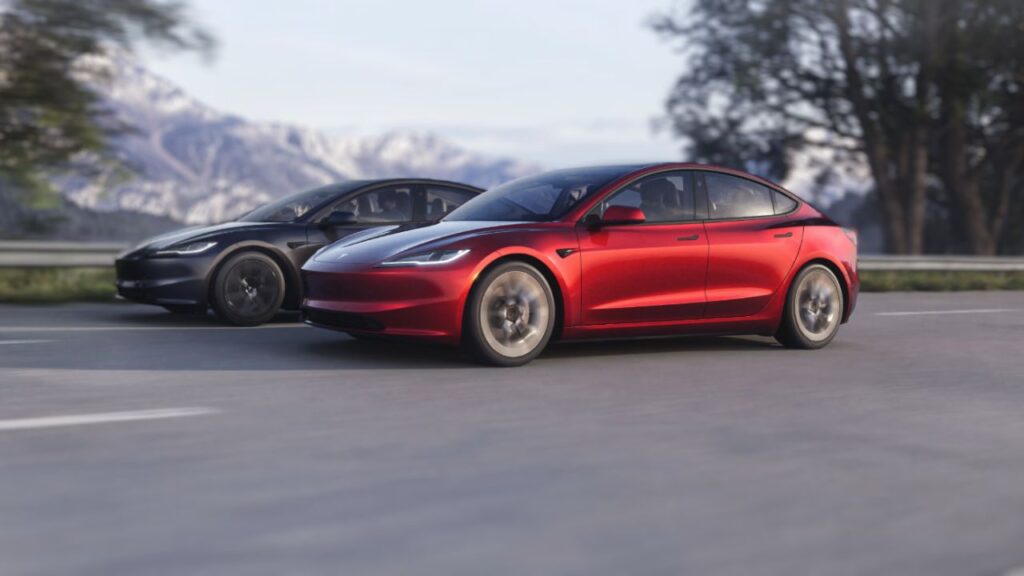
Tesla in India
Well, guess what’s buzzing in the electric vehicle world? Tesla is ready for $2 billion investment to set up shop of EV Tesla in India! But hold on, it’s not all smooth sailing. There’s a catch, this promising prospect comes with conditions, primarily centered around the reduction of import duties on Tesla vehicles during the initial two years of operation.
EV in India, Commitment to Growth:
Tesla’s plan to invest $2 billion in India is a strong sign of its dedication to reaching new markets globally, especially in the rapidly expanding Indian sector. This substantial commitment illustrates Tesla’s confidence in India’s role as a major player in the ongoing revolution in electric vehicles.
Conditions for Investment:
The success of Tesla’s investment is tied to a crucial condition – a reduction in import duties imposed by the Indian government. Tesla is proposing a significant cut, lowering the import duty on its vehicles to 15% for the initial two years. This specific condition showcases Tesla’s eagerness to smoothly enter the Indian market by creating conditions that make their electric cars more accessible to Indian consumers.

Linking Money to Cars:
Tesla is saying, “If you let us bring in 12,000 cars with the lower tax, we’ll spend $500 million. But if you let us bring in 30,000 cars with the lower tax, we’ll spend the full $2 billion.” It’s like a deal based on how many cars Tesla can sell with the lower tax.
Government’s Deliberations:
As India works on revamping its EV policy to potentially reduce import taxes to 15%, the government is actively evaluating the viability of Tesla’s proposal. However, there is an apparent discrepancy between Tesla’s proposal and the government’s vision, as officials are reportedly considering reducing the number of cars eligible for the lower import duty compared to what Tesla has suggested.
Concerns and Criticisms:
Despite the excitement surrounding Tesla’s potential investment, there are concerns raised by experts. Some argue that the concessional import duty would place Tesla at an advantage over domestic automakers, potentially creating an uneven playing field. Moreover, critics suggest that Tesla’s investment plans seem contingent on government subsidies, raising questions about the strain on the country’s finances.
Economic Booster regarding to Tesla in India:
If Tesla’s proposal materializes, it could serve as a significant boost to India’s manufacturing sector, particularly in the electric vehicle segment. The establishment of a Tesla factory could position India as a hub for electric vehicle production, contributing to the country’s long-term economic goals.
Boosting Local Manufacturing:
A reduction in import duties not only benefits Tesla but also holds the potential to boost local manufacturing in India. This move could stimulate the production ecosystem within the country, encouraging the development of electric vehicle components and assembly plants.

Mutual Benefits for Tesla and India:
While Tesla stands to benefit from increased market share and a stronger presence in India, the country itself gains from the potential growth of its electric vehicle sector and the associated job creation. This mutually beneficial scenario aligns with India’s broader economic goals and sustainability objectives.
Negotiations and Future Developments:
The ongoing negotiations between Tesla and the Indian government highlight the complexities of aligning global business interests with domestic economic priorities. As details continue to unfold, the outcome of these discussions will shape the trajectory of Tesla’s involvement in the Indian electric vehicle market.
Conclusion:
In conclusion, Tesla’s readiness to invest up to $2 billion in an Indian manufacturing plant marks a pivotal moment in the country’s electric vehicle journey. The conditions set by Tesla reflect the intricate balance between the interests of a global electric vehicle giant and the policies and considerations of a rapidly evolving Indian economy. As the negotiations progress, the outcome will not only influence Tesla’s footprint in India but also contribute significantly to the nation’s position in the global electric vehicle landscape. Tesla in India would be a huge development.